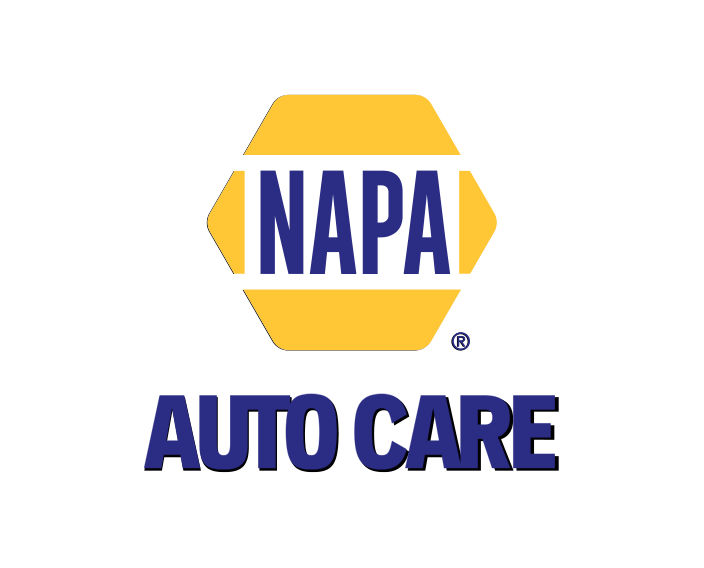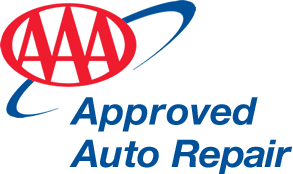Auto Maintenance Basics: Forced Induction
Advanced Auto Clinic Auto Maintenance Basics: Forced Induction
Most Delavan motorists associate turbochargers and superchargers with hot rods and racing. However, the number of everyday cars and trucks coming to Darien from the factory with chargers is growing every year. Here’s why:
You need three elements for combustion: fuel, oxygen, and ignition (spark plug in gasoline engines and compression in diesels). Superchargers and turbochargers deal with the oxygen part of the formula. In the normally aspirated engines Delavan drivers are familiar with, air is just drawn in from the outside by vacuum pressure created as the engine runs. Turbochargers and superchargers compress the air that goes into the engine’s combustion chamber, forcing in more oxygen. This forced charge of air allows an engine to make more power than a similarly sized normally aspirated engine.
So today we have small 4-cylinder turbocharged engines on Delavan expressways making more power than a full-sized V8 did twenty years ago and getting far better MPG. And the power on charged six and eight cylinder engines is through the roof.
In addition to power and fuel economy, charged engines deliver essential benefits for Delavan motorists at higher altitudes. As the air thins with an increase in elevation, there is less oxygen available to burn in the engine resulting in a significant power loss. Charging forces more air and oxygen into the engine, preserving much of the power at altitude. Turbochargers use exhaust from the engine to spin an impeller that compresses the air sent to the engine. Because there is a short time between when you step on the accelerator and the time the exhaust pressure builds up enough to spin the turbo up to speed, there is a short lag in power. To combat this “turbo lag⠀, some automobile manufacturers use two turbos: a small one that quickly spins up when engine speed is low and a larger one for when the engine is running fast. Others use a variable vane technology in the impeller to accomplish the same thing.
Superchargers are driven by a belt connected to the engine’s crankshaft.
There is no lag because charging starts immediately (it doesn’t have to wait for exhaust pressure). Superchargers are less efficient for Delavan drivers because they require engine power to run the compressor whereas turbochargers are powered by an exhaust. In both types, the air heats up as it is compressed. In some engines it is necessary to cool the air before it goes into the engine. In those engines, the air passes through what is called an intercooler to bring its temperature down to the proper range. An intercooler is like a small radiator and may be cooled by air flow or by liquid coolant.
Delavan owners of superchargers and turbochargers should always use the fuel grade recommended by their vehicle manufacturer. This is important in charged engines because of the extra pressure as the fuel and air is compressed. Using fuel with too low of an octane rating could lead to premature detonation which can cause pricey damage.
Generally speaking, turbochargers and superchargers do not require regular maintenance. But they do wear like any other part in your vehicle and will eventually need repair or replacement. All of your vital regular vehicle maintenance should be done on schedule – things like oil changes and transmission service and so on. Talk with your knowledgeable Advanced Auto Clinic tech about any concerns you have and about the next services your vehicle needs.
Advanced Auto Clinic
1101 Ann Street, Delavan, WI 53115










